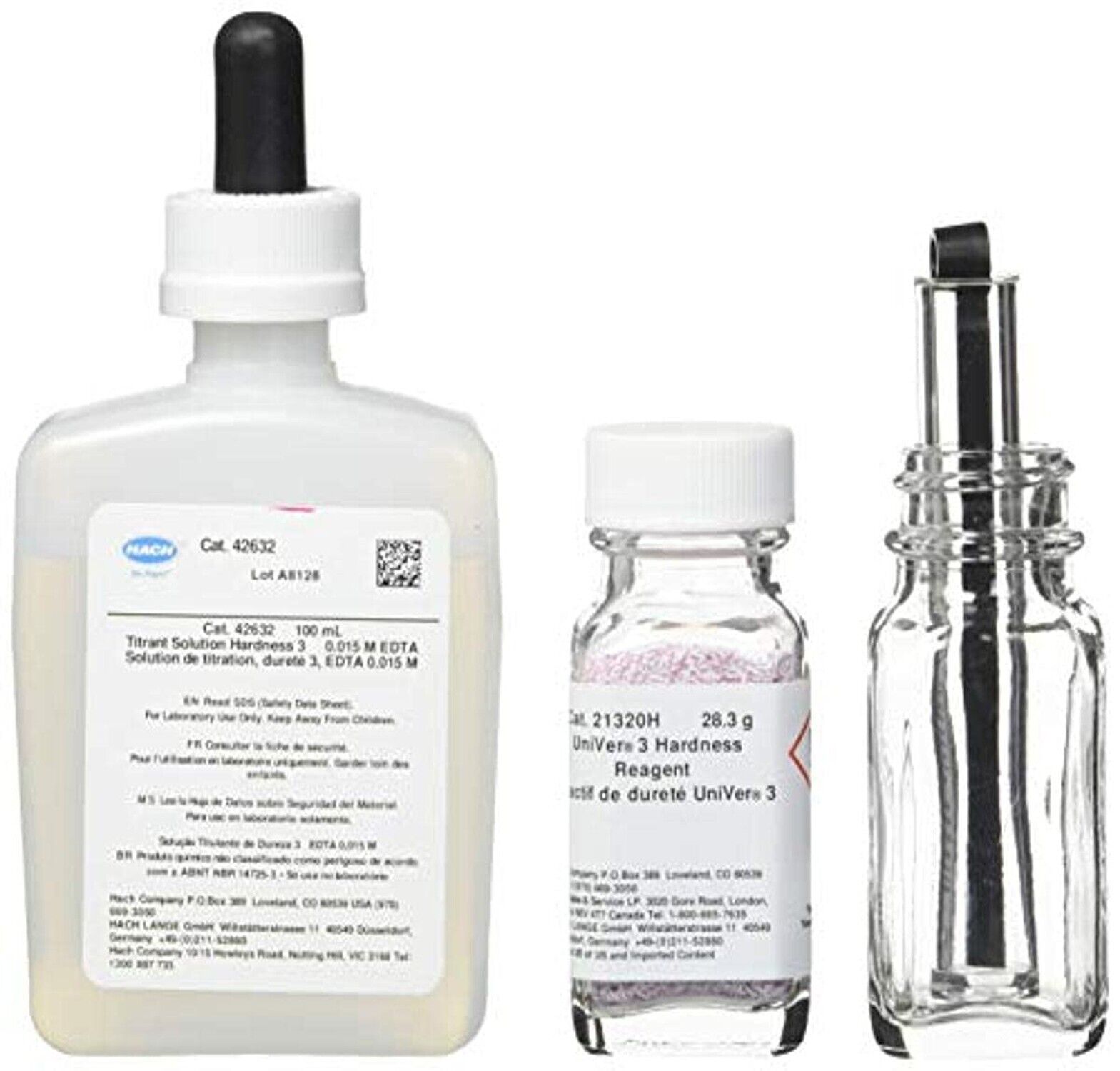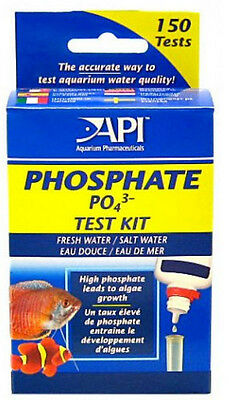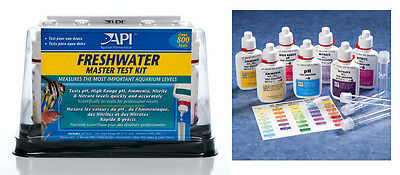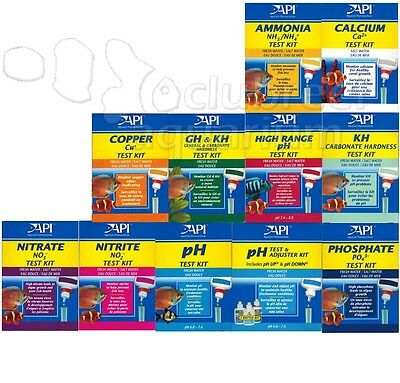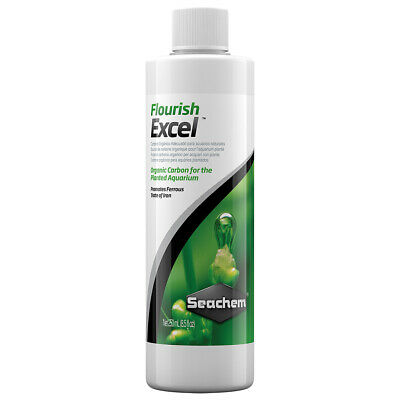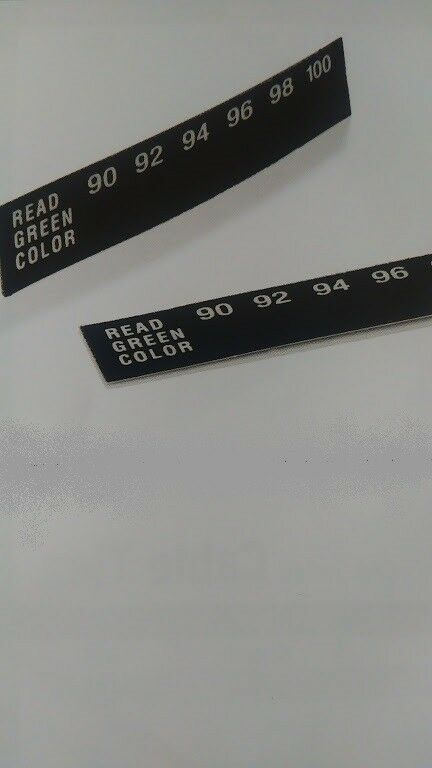-40%
Hach 145300 Total Hardness Water Test Kit, Model 5-B
$ 24.94
- Description
- Size Guide
Description
Hach 145300 Total Hardness Test Kit, Model 5-BProduct Features:
Water hardness is caused almost entirely by calcium and magnesium ions
Hardness increases soap consumption
Hardness test kits include the inexpensive Models 5-B and 5-EP
Country of origin: China
Product Description:
Specifications
Number of Tests
100
Parameter
Hardness, total - as CaCO3
Platform
Drop Count Titration
Range
1 - 30 gpg CaCO3
Smallest Increment
1 gpg
Test Kits
Single parameter kits offer simplicity when testing for a specific parameter in your home, in the field, or throughout the facility. Each Hach test kit comes with everything needed to begin testing.
Hardness is a measure of the soap consuming capacity of water. The term comes from an expression of how difficult or "hard" it is to wash clothes with the water. When soap is mixed with hard water, these minerals combine with the soap and form a solid precipitate. This decreases the cleaning efficiency of the soap and forms soap scum. As more soap is added, solids continue to form until the minerals are depleted. When the minerals are no longer available, the soap forms a lather and works as a cleaning agent.
The minerals that precipitate with soap are cations such as calcium, magnesium, iron, manganese, and zinc. The concentration of calcium and magnesium in natural waters generally far exceeds that of any other polyvalent cation. Therefore, hardness is generally considered to be the concentration of calcium and magnesium in water.
Hardness can be classified as carbonate and non-carbonate hardness.
Carbonate hardness refers to calcium and magnesium bicarbonate. Sometimes it is referred to as temporary hardness because it can be removed or lowered by boiling. When calcium bicarbonate is heated, solid calcium carbonate forms. This is the primary cause of scale formation in water heaters and boilers.
Non-carbonate hardness is caused primarily by calcium and magnesium nitrates, chlorides, and sulfates. Noncarbonate hardness is sometimes referred to as permanent hardness.
The amount of carbonate vs. non-carbonate hardness can be found by measuring alkalinity [link to the Alkalinity Parameter Page]. If the alkalinity is equal to or greater than the hardness, all of the hardness is carbonate. Any excess hardness is non-carbonate hardness. In the US hardness is typically reported in mg/L as CaCO3 or gpg (grain per gallon) as CaCO3. Because alkalinity is also reported as CaCO3, the results of the two tests can be compared directly. Total Hardness is the sum of all carbonate and non-carbonate calcium and magnesium salts present in the water.
Product Details:
Package Dimensions : 5.04 x 2.64 x 2.52 inches; 10.4 Ounces
Item model number : 145300
Manufacturer : HACH COMPANY
Country of Origin : China
